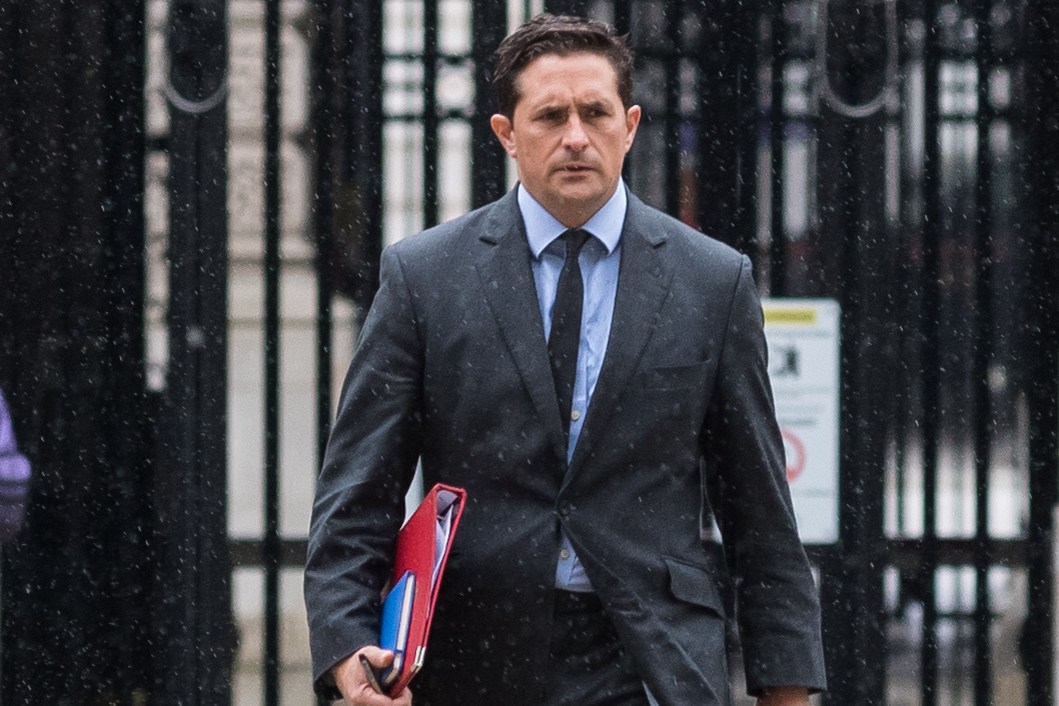Johnny Mercer, the UK’s former veterans minister, has avoided jail by providing additional information to a public inquiry into alleged extrajudicial killings by UK special forces in Afghanistan. Initially refusing to disclose witness names, Mercer complied after a legal notice compelled him to name several officers who claimed war crimes were committed against civilians.
Despite this, Mercer maintains that he will not reveal whistleblowers’ identities without their consent, stating it is inappropriate to do so without permission.
The inquiry, led by Lord Justice Haddon-Cave, is probing allegations that the Special Air Service conducted extrajudicial killings in Afghanistan between 2010 and 2013. Mercer, who lost his parliamentary seat in July 2024, had his request to withhold witness names denied earlier this month. Despite providing some information, it remains unclear if the witnesses consented to the details being shared.

Johnny Mercer Avoids Jail by Providing Information to Inquiry on Afghan War Crimes
Mercer’s involvement with the inquiry stems from his military background and work as a chair of a parliamentary subcommittee, where he learned of alleged unlawful killings. He testified that some personnel were instructed to carry non-NATO weapons to plant on victims, falsely marking them as legitimate targets.
The inquiry has been gathering evidence from various sources since mid-2023, including military officials and victims’ representatives.
The public inquiry aims to uncover the truth behind the alleged actions of UK special forces. Haddon-Cave had previously warned Mercer that non-compliance with the order to disclose names could result in imprisonment or fines. He assured Mercer that any disclosed names would be kept in strict confidence and protected from prosecution under the Official Secrets Act.
Georgina Halford-Hall, CEO of Whistleblowers UK, expressed concerns that the threat of imprisonment could deter MPs from supporting whistleblowers.
She emphasized the importance of encouraging whistleblowers to come forward, particularly in the armed forces, where the Official Secrets Act presents significant challenges. The inquiry continues to address these complex issues to ensure accountability and transparency.
